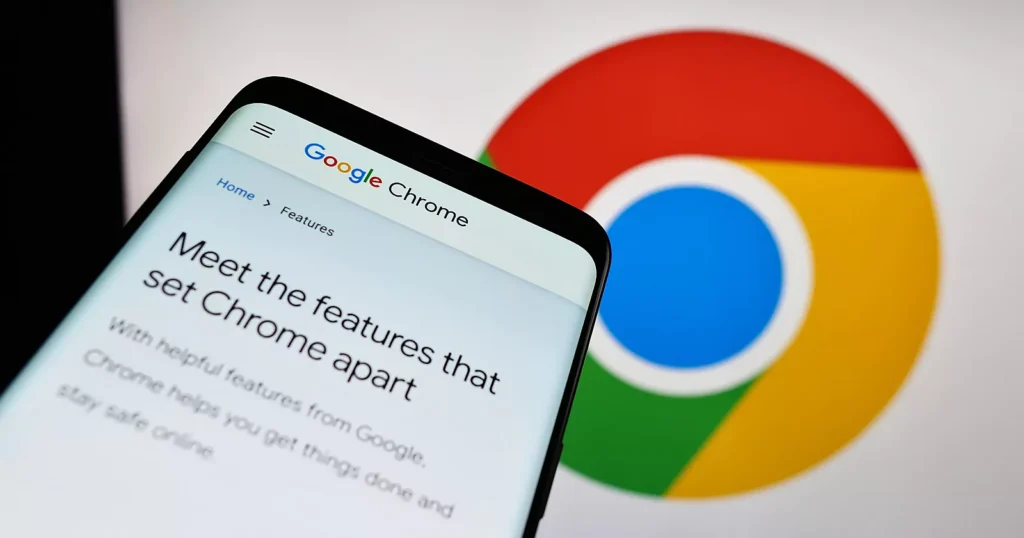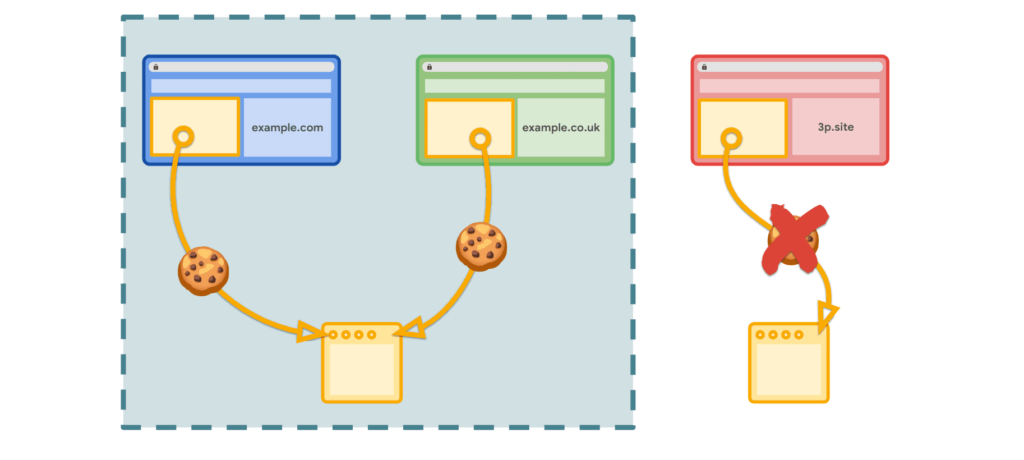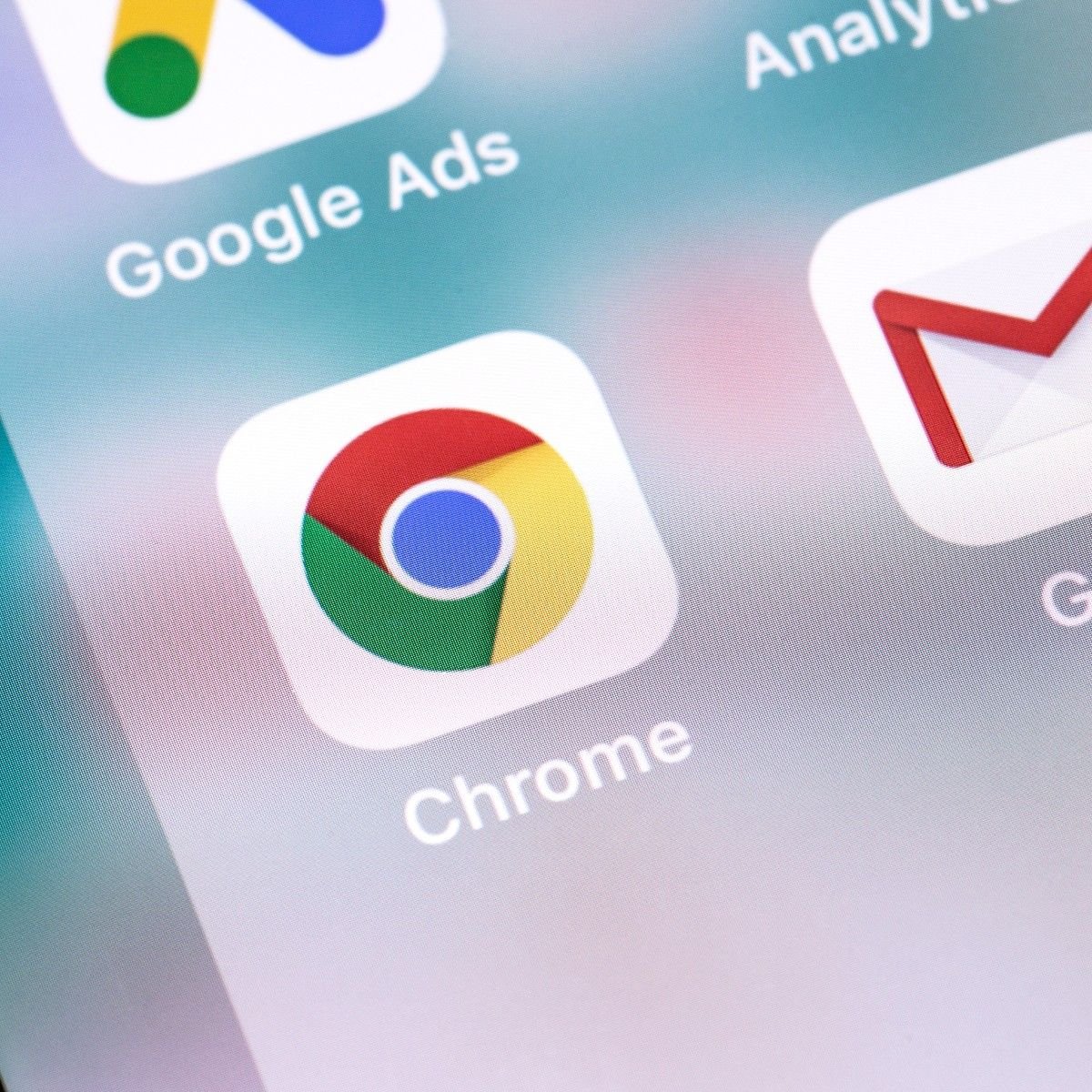Google announced that its plan to phase out third-party cookies from its Chrome product will now begin in early 2025 rather than in the fourth quarter of this year.
Although the gradual removal of cookies appears to be in the best interests of consumers and privacy advocates, the implementation is moving more slowly than anticipated, and authorities are concerned that this could result in antitrust issues if Google is able to fully control the digital ad market.

Because of this, authorities are investigating Google’s plans, which are being conducted under its “Privacy Sandbox for the Web” program, including the Competition and Markets Authority (CMA) of the United Kingdom.
In a blog post, Google stated,
“We acknowledge that there are ongoing challenges related to reconciling divergent feedback from the industry, regulators, and developers, and will continue to engage closely with the entire ecosystem.”
Additionally, it is imperative that the CMA has enough time to examine all available data, including the outcomes of industry testing, which it has requested from market players by the end of June. We will not finish deprecating third-party cookies in the second half of Q4 due to these two important factors.
Cookies are little data packets that websites gather to understand how users interact with the site and to facilitate their next visit. But cookies also have the ability to monitor users across other websites and compromise their online privacy. Some users opt to use privacy browsers like Brave or DuckDuckGo in order to avoid dealing with trackers while using the internet. Others have the option to refuse to enable websites that ask for permission to use cookies, or they can manually delete their cookies when needed.
Transitional Phase and Its Influence
Chrome started blocking access to third-party cookies for one percent of its users worldwide in January. It was anticipated that by Q3 2024, 100% of users will be covered by this proportion, which would rise progressively.
Through Google’s restricted “deprecation trials” program, websites and services now have more time to transition away from their reliance on third-party cookies.

For non-advertising use cases that can show a direct impact on users’ experience as well as technical brokenness, the trials allow interim extensions to cookie access through December 27, 2024. The trials have tight eligibility requirements, but they also facilitate the transfer. Services connected to advertising are not acceptable, and origins that match recognized ad-related domains are not accepted.
According to Google, the program’s goal is to fix functional problems rather than ease the annoyances associated with broad data collection.



